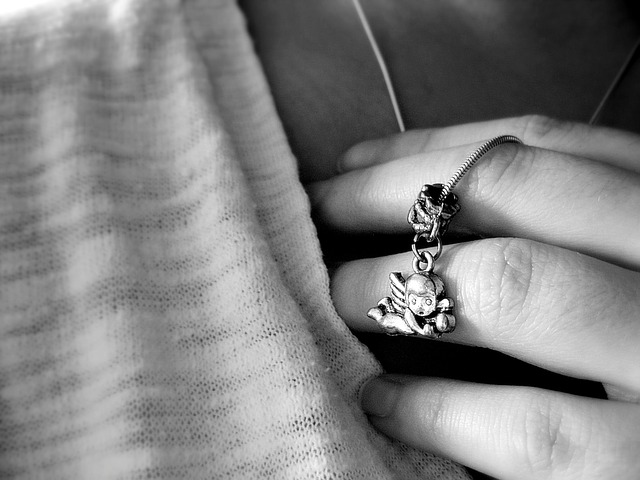- Calls to this hotline are currently being directed to Within Health, Fay or Eating Disorder Solutions
- Representatives are standing by 24/7 to help answer your questions
- All calls are confidential and HIPAA compliant
- There is no obligation or cost to call
- Eating Disorder Hope does not receive any commissions or fees dependent upon which provider you select
- Additional treatment providers are located on our directory or samhsa.gov
Anorexia: How does a Marriage Survive When a Spouse Has Anorexia?

Contributor: Blog Contributed by Crystal Karges, MS, RDN, IBCLC for Eating Disorder Hope
If your spouse or partner has suffered with anorexia, you may feel lost in a whirlwind of confusion and doubt. Your marriage or relationship has likely been strained as you have been pulled in directions you never thought possible.
Seeing someone you love more than anything in the world struggle with something as simplistic as eating can cause you pain and hopelessness. You may feel unsure about how to reach your spouse or even uncertain about what exactly is going on.
Questions that may be flooding your mind might include:
- “Why can’t they just eat?”
- “How can they be so selfish?”
- “Will our marriage survive?”
Important Facts to Help You Understand
These are all valid concerns, and unless you yourself have ever suffered with an eating disorder, it can be difficult to understand what your spouse is going through. There are however, important facts to learn that can perhaps give you greater insight and empathy into the struggle that is an eating disorder.
A common misconception about eating disorders, such as Anorexia, is that these are diseases of “vanity”. On the outside, it may appear that your wife or husband cares only about their appearance or losing enough weight to be “content” about their appearance.
Eating Disorders Are Severe Psychiatric Illnesses
 However, the reality is that eating disorders are severe psychiatric illness with strong biological components. Your spouse did not choose to have an eating disorder any more than someone would “choose” to have cancer or diabetes.
However, the reality is that eating disorders are severe psychiatric illness with strong biological components. Your spouse did not choose to have an eating disorder any more than someone would “choose” to have cancer or diabetes.
A person’s genetic make-up and neurobiology will predetermine if they are susceptible to developing Anorexia Nervosa. Understanding this component is key to moving on for treatment. You or your spouse is NOT at fault for the development of this vicious illness.
Recovery Is Possible, and Help Is Available
It is also important to understand that recovery is possible, and with much support, love, patience, and dedication, your loved one can overcome Anorexia. Joining with a professional treatment team can help you learn how to best support your spouse in the recovery journey from anorexia.
Because anorexia is a complex disease, addressing the many factors with this condition requires assistance from medical doctors, therapists/counselors, and a dietitian or nutritionist. The best way you can support your spouse is by loving them through the process and staying committed to the journey of recovery.
Anorexia Is not Your Spouse’s Identity
Another important suggestion involves perspective. You may feel that your spouse is doing things to deliberately hurt you or your family. Anorexia is driven by may behaviors, several that are the result of malnourishment.
Try to view your spouse as a separate entity from Anorexia, as the eating disorder often takes over everything you knew your loved one to be. By directing them to professional help, you can help them heal from this disease, and as a result, relationships are often restored.
Seeking Support
 Know that there is hope for your marriage to survive this complex disease. Do not be afraid to seek help or support during this trying time.
Know that there is hope for your marriage to survive this complex disease. Do not be afraid to seek help or support during this trying time.
You may consider therapy for yourself or finding a support group for loved ones of eating disorder sufferers.
Having insight from other family members who have walked this path can bring much needed encouragement.
Remember the person you fell in love with and know that your marriage is worth fighting for.
Community Discussion – Share your thoughts here!
Does your spouse suffer with Anorexia? What has helped you through the process of supporting your loved one in their recovery?
Last Updated & Reviewed By: Jacquelyn Ekern, MS, LPC on January 24th, 2015
Published on EatingDisorderHope.com

The EatingDisorderHope.com editorial team comprises experienced writers, editors, and medical reviewers specializing in eating disorders, treatment, and mental and behavioral health.

